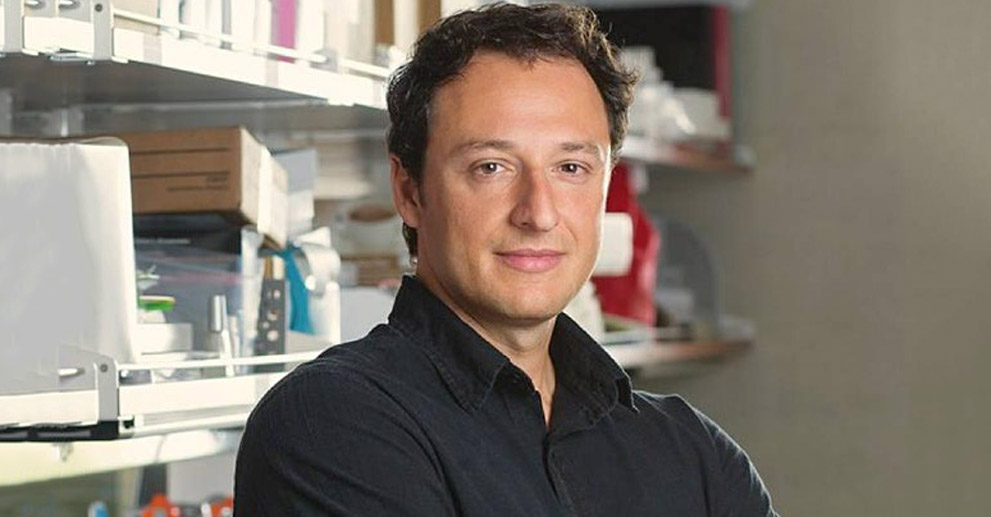“Breaking News in Stem Cells†is the only lecture series that brings the top papers in the field to your desktop as they happen
This month, Jennifer Elisseeff, PhD, will present.
Hosted by:
Katerina Semendeferi, PhD
Professor of Anthropology
Director of the Laboratory for Human Comparative Neuroanatomy
Co-director of the Archealization Center (ArchC)
UC San Diego
Katerina Semendeferi is Professor of Anthropology, Director of the Laboratory for Human Comparative Neuroanatomy, and Co-Director of the Archealization Center (ArchC) at UC San Diego. Semendeferi studies the neuroanatomy of humans, great apes, and other primates using non-invasive techniques.
Her laboratory targets phylogenetically reorganized brain regions and their vulnerabilities in atypical human neurodevelopment, like Williams syndrome. Semendeferi collaborates with pioneers in the field of induced pluripotent stem cells and brain organoids in an effort to bridge human neuroanatomy with the study of living cells in the dish. She is an Elected Fellow of the American Association for the Advancement of Science.
Speaker
Alysson Muotri, PhD
Professor of Pediatrics & Cellular Molecular Medicine
Director of the Stem Cell Program
Co-director of the Archealization Center (ArchC)
Institute of Genomic Medicine
UC San Diego Medicine
Alysson Moutri is the Director of the Stem Cell Program, Professor of Pediatrics and Cellular & Molecular Medicine, and Co-Director of the Archealization Center (ArchC) at UC San Diego.
Dr. Muotri is focusing his research on solving one of life’s greatest mysteries: What is it that makes us uniquely human.
Gaining a clearer understanding of human brain evolution is crucial for interpreting human genetic variants which lead to disease. Some of the evolutionary properties that make us uniquely human and allow us to live the advanced lifestyle we enjoy are also a root cause for a number of disorders. Our brain grants us far greater processing power than any other species, but a complex brain came with a cost: it increases the opportunity for neurological diseases. Thus, understanding the evolutionary path and the tradeoffs of the modern human brain will likely illuminate the origins of human disease.
